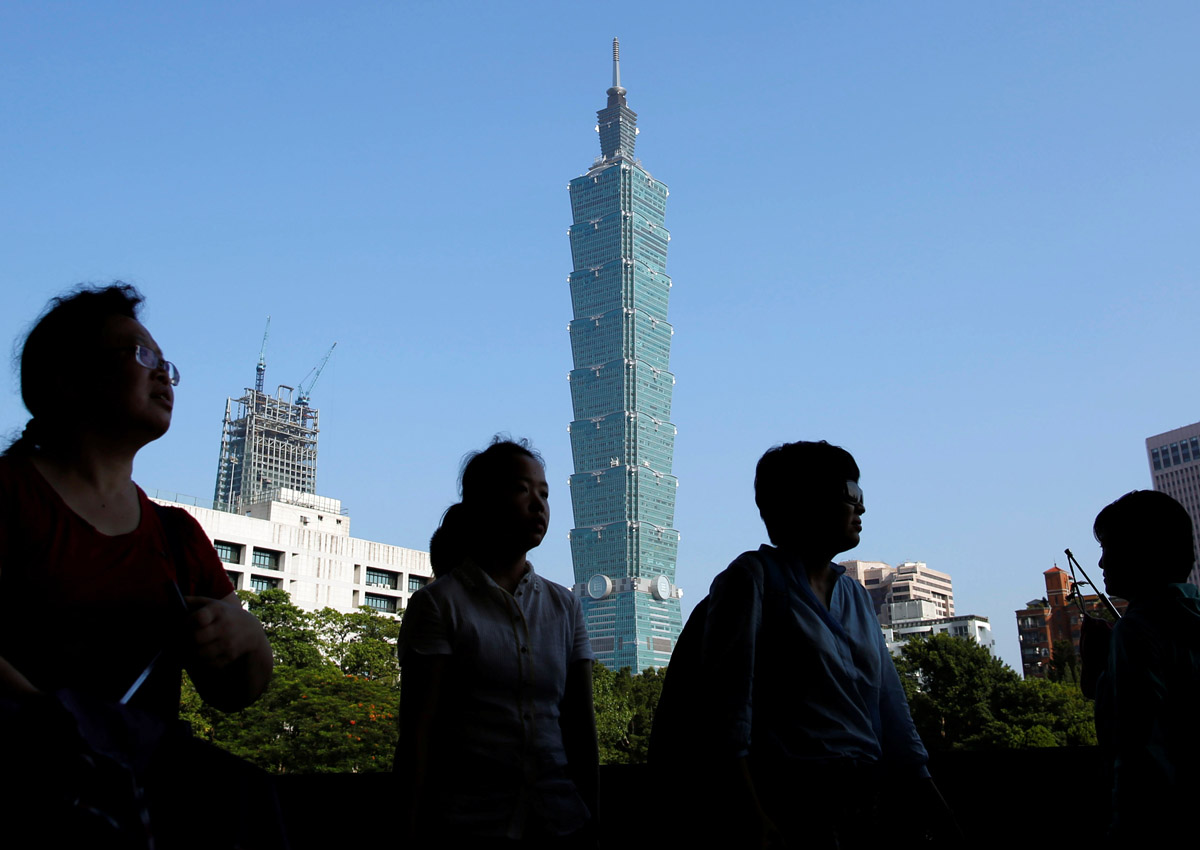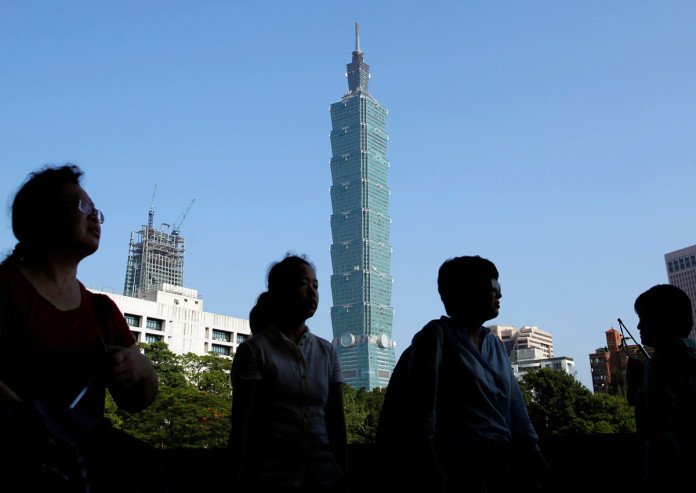TAIPEI – Taiwan objected on Thursday to a Nigerian request to the island to relocate its representative office in the African country, a request Taiwan sees as more pressure by China to isolate it.
Beijing regards Taiwan as a renegade province, ineligible for state-to-state relations, and to be taken back by force if necessary, especially if it makes moves toward independence.
Taiwan has no diplomatic ties with Nigeria, but has an office for handling business affairs in Abuja.
But Taiwan’s foreign ministry said Nigeria has asked Taipei to move its office from Abuja to its former capital, Lagos.
Taiwan called on Nigeria to consider the issue as both sides have an understanding based on reciprocity, under which Nigeria runs a trade office in Taiwan’s capital, Taipei. “The foreign ministry urges Nigeria to leave room for discussion,” Taiwan’s ministry said in a statement, referring to the request to move the trade office. “The foreign ministry seriously objects and condemns the unreasonable actions by the Nigerian government,” it said.
Nigerian officials met their Chinese counterparts in Abuja on Wednesday and pledged to stick to Beijing’s “one China”policy, that Taiwan is a part of China, media reported. “China affirms and greatly appreciates Nigeria’s support for the ‘one China’ principle,” Chinese Foreign Ministry spokesman Lu Kang told a regular news briefing in Beijing. “This thoroughly resolves an issue left over from history that influenced mutual political trust between China and Nigeria, and eliminates a political obstacle that interfered with the healthy development of bilateral relations.” Taiwan has 21 formal allies, only two in Africa. Last month, former African ally Sao Tome switched its diplomatic recognition from Taiwan to China.
In countries with which Taiwan has no formal diplomatic relations it often sets up trade and commerce offices, in capitals and major cities.
While economic ties between the mainland and Taiwan have grown considerably in recent years, their relations have worsened since Tsai Ing-wen, who heads a pro-independence party, was elected president of the island last year.
Beijing has been stepping up pressure on her to concede to its “one China” principle.






